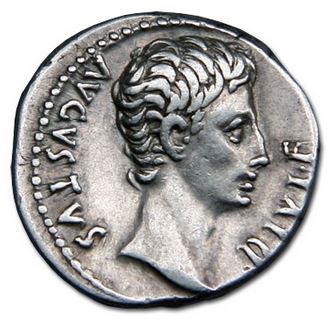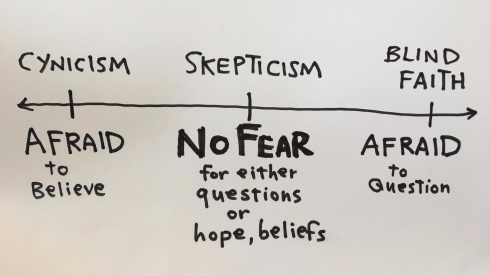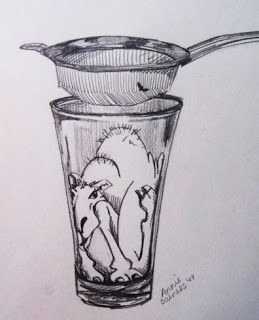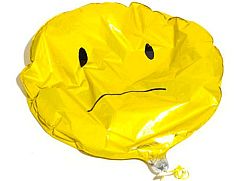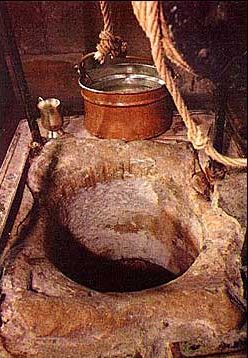And she came in immediately with haste to the king and asked, saying, “I want you to give me at once the head of John the Baptist on a platter.” And the king was exceedingly sorry, but because of his oaths and his guests he did not want to break his word to her. — Mark 6:25–26 ESV
I know what you’re thinking. You’re thinking, “I’ve never been even slightly worried about being Herod.” You probably think this post is like one of those infomercials promising to fix problems you never knew you had. Well, except for the $19.99 price tag, maybe it is. But I’m asserting that it’s easier than you think to be Herod. In fact, if you don’t pay attention, like Herod, you might find yourself starring down at a head on a platter in your own life (metaphorically speaking) wondering to yourself, “How could this possibly have happened?”
Wouldn’t we all like to avoid that? Well… here’s how. Continue reading


